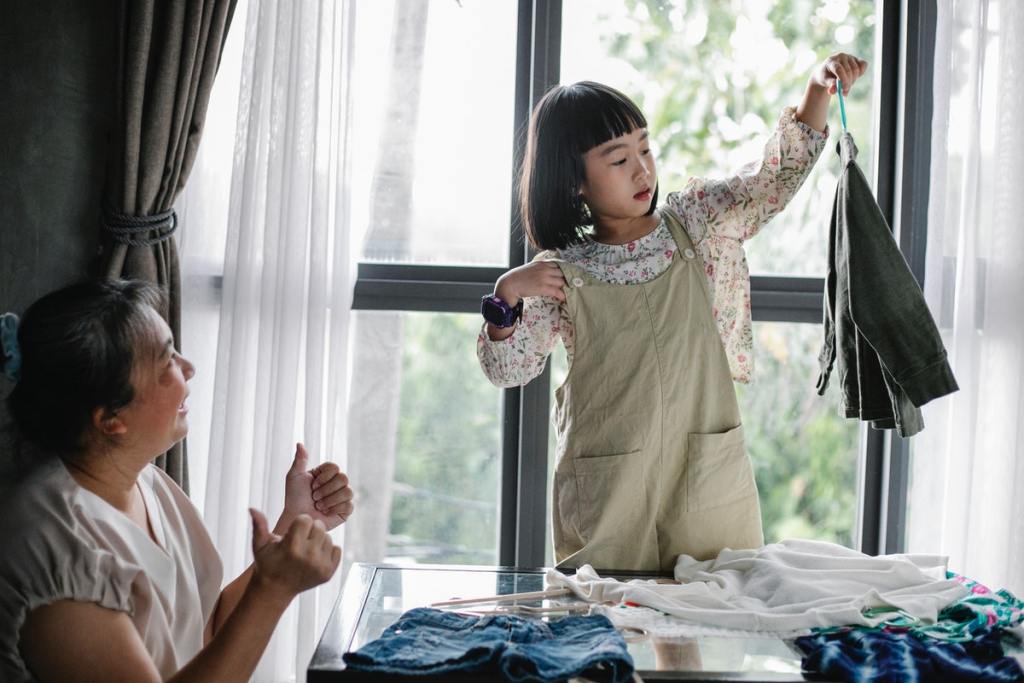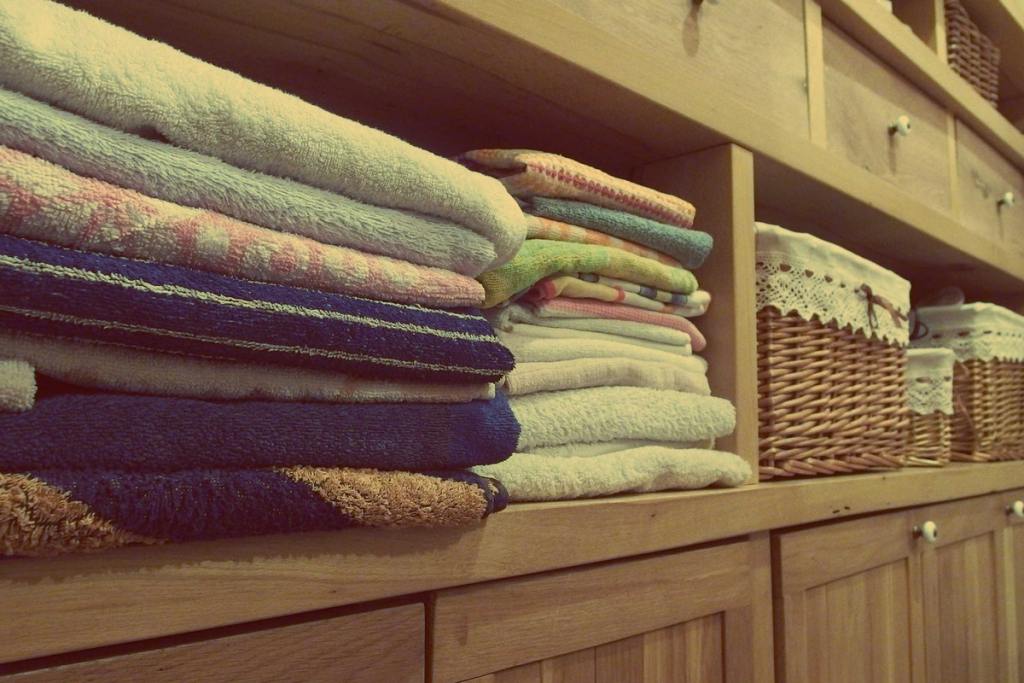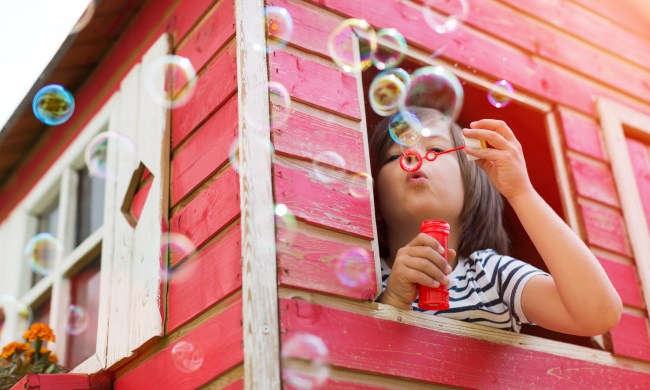Keeping the home organized is a challenge, especially when you add children into the mix. Battling clutter often seems like an uphill battle, though there is help out there. Television personality and author Marie Kondo has penned four books on the subject. Her well-known KonMari Method tackles the bothersome problem by stressing people tidy by category, not space. For example, tackle clothing first, then move on to books and papers.

Marie Kondo’s tidying tips for children
While parents are busy organizing and cleaning, what about the kiddos? How do you make kids clean their rooms? Kondo does have some pointers for parents along those lines, and the suggestions include fun ways for kids to tidy up.
- Talk while you tidy: Kondo suggests as parents go about the daily routine of tidying, they talk as they clean. The practice is meant to give children a reason for tidying. She also encourages parents to be upbeat while they tidy, so kids get the impression that cleaning up is actually a positive action and not a punishment.
- Make cleaning up fun: Most adults are never excited to clean or straighten up the house, but it is important to make the task a little exciting for kids to encourage them to participate.
- Return toys to their place: Teaching children to return toys and other items to their designated spot is essential. Make sure all toys, books, and other playthings have a box, basket, shelf, or drawer to be put away in. Encourage children to do so when they are done playing with it.
- Understand your space limits: Unless you live in a palace, everyone has to deal with space issues. Kondo encourages parents to come to terms with their space limitations in order to keep children’s toys from overwhelming the home.

Ways to make cleaning fun for kids
Many parents find out from teachers at conference time that their children are great helpers in the classroom. This may come as a surprise because at home it is a battle to get your kids to put their toys away and clean their rooms. The hidden secret to getting kids to tidy up is to put a little excitement into the process.
Play cleanup music
Preschool and kindergarten teachers sometimes use a special song to indicate when playtime is over and cleanup time has started. The same technique can be used at home. Pick an upbeat tune as a signal for kids that it is time to tidy, stressing the toys be returned to their proper spot.
Set a timer
Kids love games, and putting the play element into cleaning is a great way to get the job done. Use a kitchen timer or a smartphone to set a cleanup clock. Give kids set task like putting away clothes or toys. Then, challenge them to do it before the time on the timer expires.
Make it a game
If your kids love a little friendly competition, use that motivation to get children to clean their rooms or help straighten up the house. For example, see who can clean up their rooms or pick up the playroom faster. Have a small cleanup trophy or medal that goes to the winner. The medal can be passed around.
Sure, chores are mundane, but chores are necessary. Teaching children to do everyday household chores like setting the table, putting the laundry away, and dusting are also life skills they need. When assigning chores, try to find ones kids are enthusiastic about. If you have a child that expresses an interest in cooking, make him or her an assistant in the kitchen. Cleaning up is an essential part of the meal-making process.
Set clear rewards
Of course, tidying rooms and completing chores are a part of life, but setting clear rewards is also a way to get children invested in the process. Allowances are one way to encourage children to stay on top of making their beds and keeping their rooms clean.
Earning an allowance, even from an early age, teaches children the relationship between work and pay. If you prefer non-monetary rewards, let kids know once their rooms are clean everyone will be heading out for a family bike ride or watching a show together. Another option is to let kids earn extra time toward a favorite activity like video games. Avoid using food as an incentive, though.
Keep it short
The often-used expression “short and sweet” definitely applies to tidying up. Avoid weekly or monthly marathon cleaning sessions. You are more likely to get cooperation from kids and teens when it comes to cleaning if they know the finish line is not far away.
While few adults really enjoy cleaning, it is a necessary part of everyday life. Kondo’s tidying tip about smiling as you go about cleaning up is a great one when you have kids. If kids see parents enjoying something, they are way more likely to want to join in than if they observe parents hating it. So, put on some music. It really does work wonders on the mood even while cleaning, and start kids in on the tidying process early on by making sure everything has its place. Of course, everything can’t be fun, but adding a playful element to cleaning is like the Mary Poppins song “A Spoonful of Sugar.” That element of fun does “make the medicine go down” a little easier.



